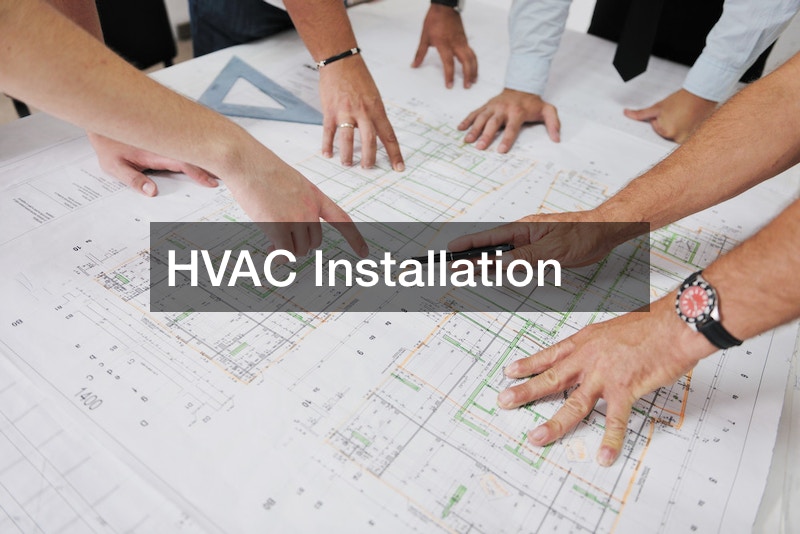Planning a conference can be a daunting task, but with the right approach and organization, it can be a smooth and rewarding experience. Whether you’re organizing a small-scale seminar or a large-scale industry conference, effective conference management is essential to ensure that everything runs smoothly and that attendees have a positive experience. In this article, we’ll explore some key tips and strategies for planning a conference with ease and success.
Define Your Objectives: The first step in planning a conference is to clearly define your objectives and goals. What do you hope to achieve with the conference? Who is your target audience? What topics and themes do you want to cover? By clearly defining your objectives, you can create a roadmap for the planning process and ensure that all aspects of the conference align with your goals.
Establish a Budget: Once you’ve defined your objectives, it’s important to establish a realistic budget for the conference. Consider all potential expenses, including venue rental, catering, audiovisual equipment, marketing materials, and speaker fees. Be sure to allocate funds for unexpected costs and contingency planning to avoid overspending and ensure that you stay within budget.
Choose a Suitable Venue: The choice of venue can have a significant impact on the success of your conference. Consider factors such as location, accessibility, capacity, amenities, and cost when selecting a venue. Visit potential venues in person to assess their suitability and ensure that they meet your requirements and preferences.
Develop a Comprehensive Timeline: Planning a conference requires careful coordination and timing of various tasks and activities. Develop a comprehensive timeline that outlines key milestones, deadlines, and deliverables for each stage of the planning process, from securing a venue and booking speakers to promoting the event and managing registrations. Having a clear timeline will help you stay organized and on track throughout the planning process.
Engage with Speakers and Sponsors: Speakers and sponsors play a crucial role in the success of a conference. Reach out to potential speakers early in the planning process to secure their participation and confirm their availability. Similarly, identify potential sponsors and partners who may be interested in supporting the conference financially or through in-kind contributions. Establish clear expectations and agreements with speakers and sponsors to ensure that their involvement aligns with your objectives and budget.
Promote the Conference: Effective marketing and promotion are essential to attract attendees and generate interest in your conference. Develop a comprehensive marketing plan that includes a mix of online and offline tactics, such as social media, email marketing, press releases, and advertising. Create compelling promotional materials, such as flyers, posters, and digital ads, to communicate the value proposition of the conference and encourage registration.
Manage Registrations and Logistics: As the conference date approaches, focus on managing registrations, logistics, and final preparations. Implement an efficient registration system to streamline the process for attendees and track registrations in real time. Coordinate logistics such as catering, audiovisual equipment, signage, and seating arrangements to ensure that everything is in place for a successful event.
By following these key tips and strategies, you can plan a conference with ease and success.



